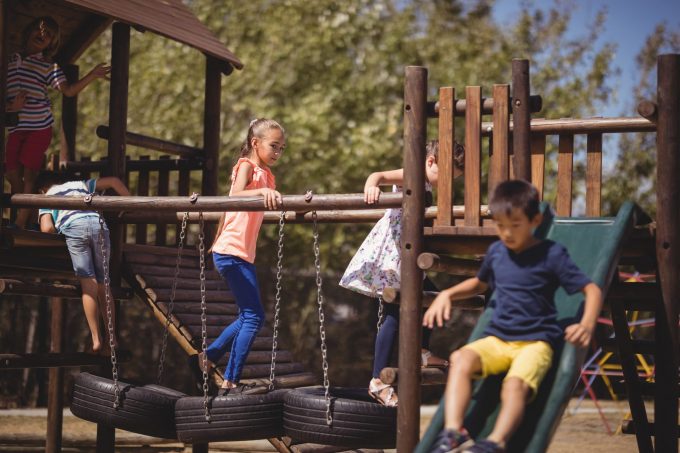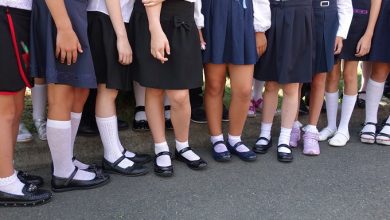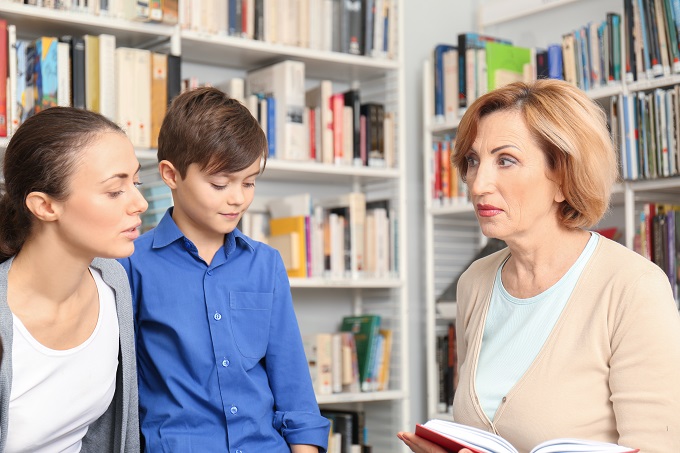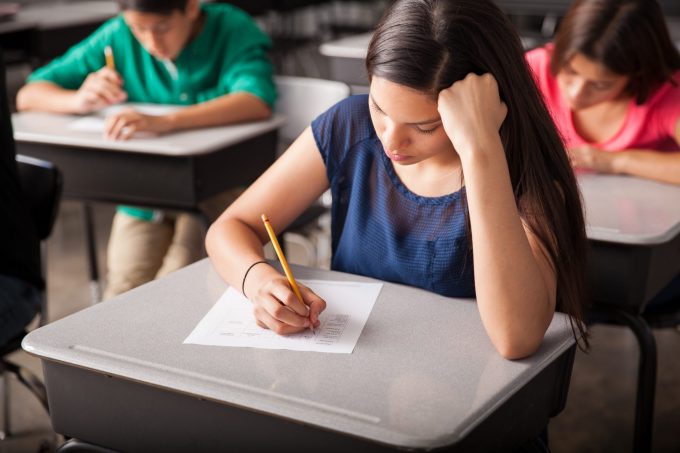“It’s overwhelming” what’s happening in schools every day, John Marsden warns
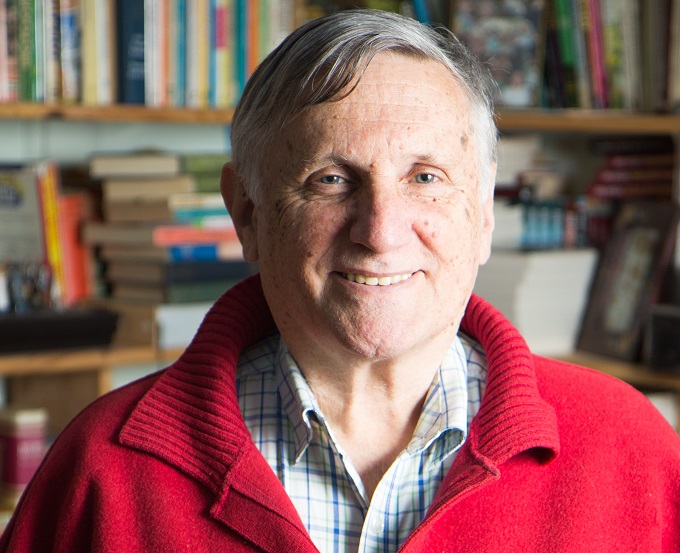
In our latest issue, we interview one of Australia’s most iconic school principals and world-renowned young adult fiction author, John Marsden.
Read the full story in our Term 4 magazine…
He told us why teaching feels like working in a hospital ER, how to choose which books to teach in the English classroom and why parents are failing the school system.
Q: Has becoming a principal and founding your schools changed the way you write?
A: Well, it’s taken away all the time I used to have for writing because when I was teaching full-time I found that I only really wrote during the school holidays because – without getting too wanky about it – all my creative energy was going into teaching. Usually over the Christmas holidays it took a couple of weeks to recover from the year of teaching and then I’d start writing. I wrote six books while I was still teaching but once I became a full-time writer it was a different story. I had more time and space and energy for writing. But now, running the schools, well I used to publish around three books every two years and now I’m down to about four books in the last 14 years I think!
Q: What is the highlight of running your schools?
A: Trying to solve problems and if I can’t solve them, trying to find a way of moving forward – a bit like in the novels – so things can continue in a positive way. That taxes anybody of their energy and creativity and life experience. It’s pretty intense. I do enjoy it. It’s like a machine: if you don’t tend to a little squeak here, an oil leak there, then the whole machine starts to emit smoke and eventually the whole thing breaks down. You have to be as attentive to a kid that stuck chewing gum to the back seat of a bus as you are to a kid who’s using drugs or whose parents are going through an ugly divorce.
Whether big things or little things, you’ve got to be able to tend to everything and be very aware of what’s going on. I do enjoy that in a way. The only parallel I can think of is when I was 19 or 20 I was working the night shift in the Sydney hospital casualty department – emergency department they’d call it now probably – from 6pm to 6am. I’d be checking patients in and getting all their details and filling out the forms and doing all that, but I was also cleaning up vomit and blood and urine and methylated spirits from alcoholics who drink that because it was cheap, and I’d be moving beds and helping get trolleys in from ambulances and trying to placate people who were drunk and angry or just sober and angry. You just never knew what the next minute would bring and it was working with people who were under stress and in an extreme situation and that’s happening every day in schools.
We have students who are at an extreme point in their lives because of an event that has happened or because of some psychological issues that they are grappling with and you just never know what the next phone call, knock on the door, email will bring. I kind of like it, it’s satisfying or it’s totally absorbing. It’s exhausting but it’s certainly not boring.
Q: What has surprised you the most about it?
A: The way in which parenting has changed very quickly over the last 10 to 20 years so that there’s a great middle class movement towards placating children; being their best friends, being their servants… people who have almost abandoned the role of the adult in the family structure to a large extent.
Q: Has it put more pressure on schools?
A: God yeah, we have to [play] the adult role a lot of the time and I find myself saying to parents, ‘look, you have to really draw a line here with your child and tell them that at 2am they can’t be on the phone texting their friends’ or ‘they can’t be drinking alcohol at 14’, and there seems to be an incredibly great fear among parents that they can’t say no to their children but at the same time there’s this abdication of the role of setting limits and imparting values and really communicating how people are going to live a successful adult life.
To live a successful adult life there are things that you need to acquire and one of them is the ability to use language and develop your own voice but also to have first-hand experiences in childhood and adolescence. If your life is spent looking into a computer screen playing Fortnite or Skyrim, you’re not having a first-hand experience. You’ll have nothing to talk about, you’ll be a boring adult and you’ll be lacking a huge range of skills required in the real world.
Q: What needs to change?
A: I think the biggest problem for schools at the moment is that society’s evolved very quickly to a point where schools are now expected to take care of every ill, problem and difficulty in humanity and – I’m exaggerating a little but not much – you know, we have to teach them to swim. It’s compulsory in Victoria now that we have to get them swimming quite a considerable distance by Year 6 or we’re in big trouble as a school. We have to teach them about cyber bullying; we have to teach them sex education; we have to teach them about drugs; we have to teach them financial management; road safety; psychological wellbeing; positive thinking, the list is infinite and added to every day. But we don’t have the kids for any more minutes or hours than we did a generation ago or one hundred years ago.

